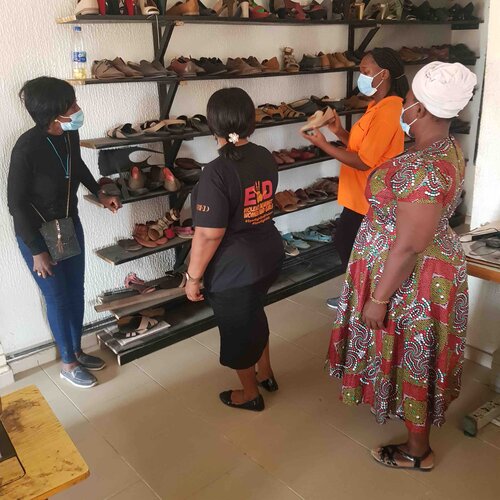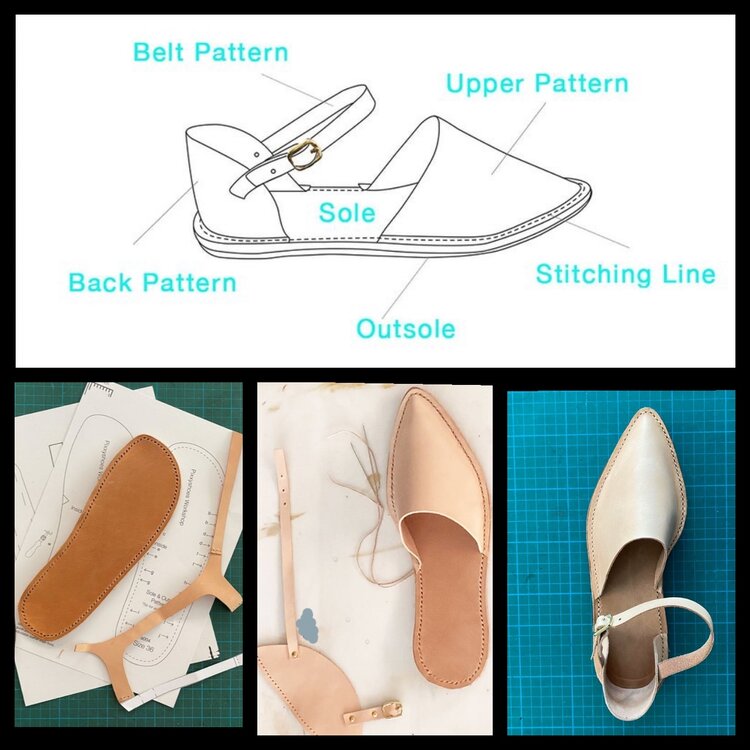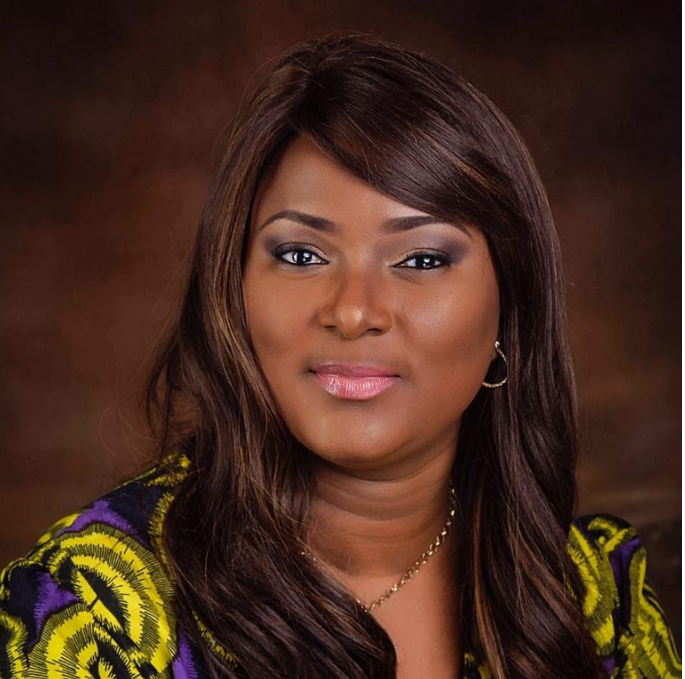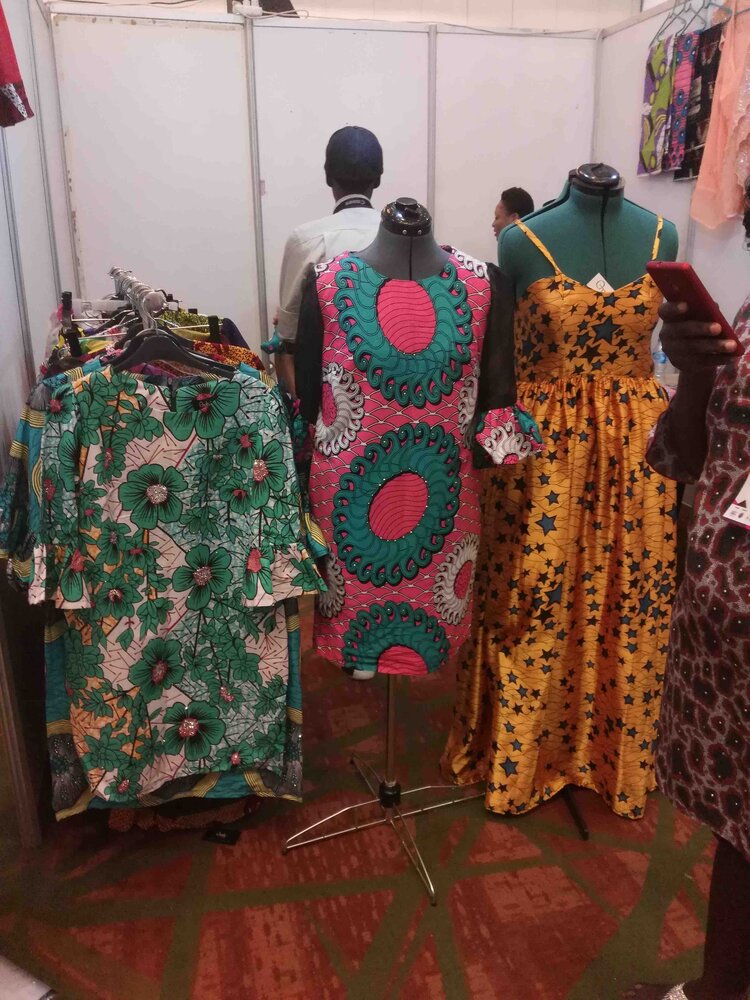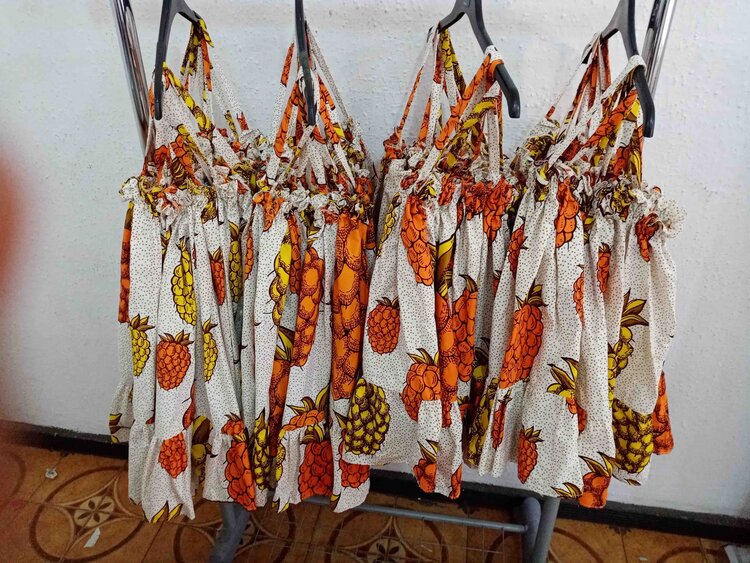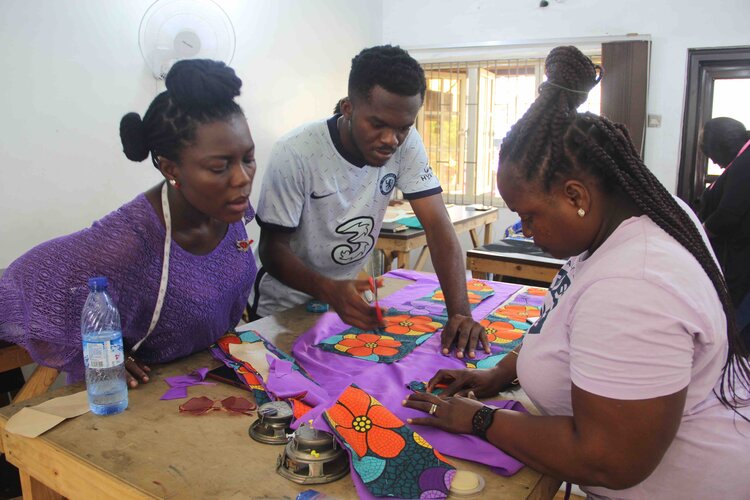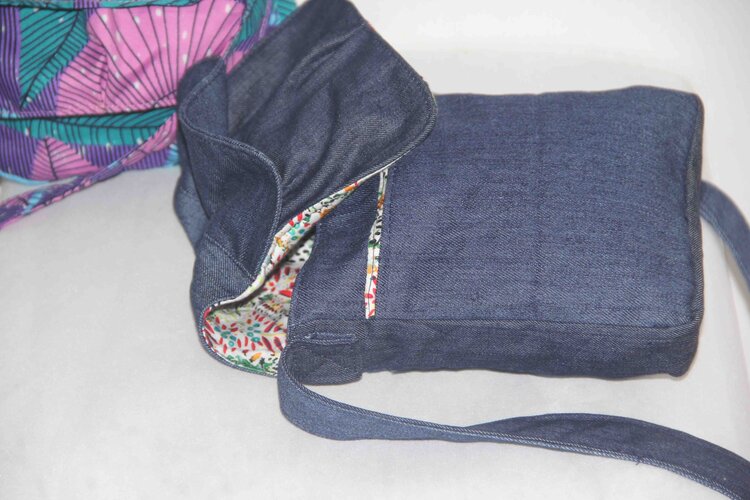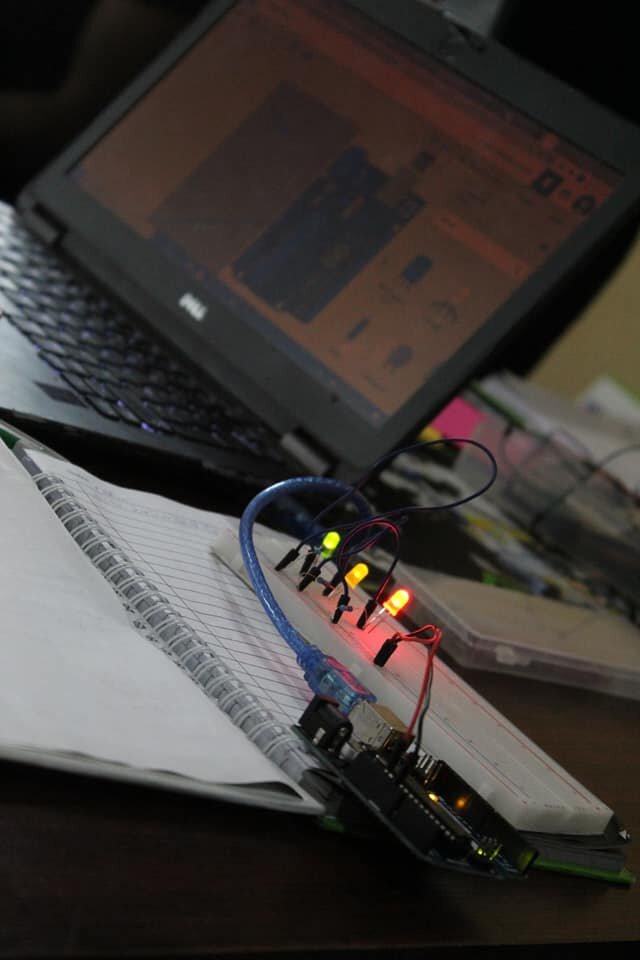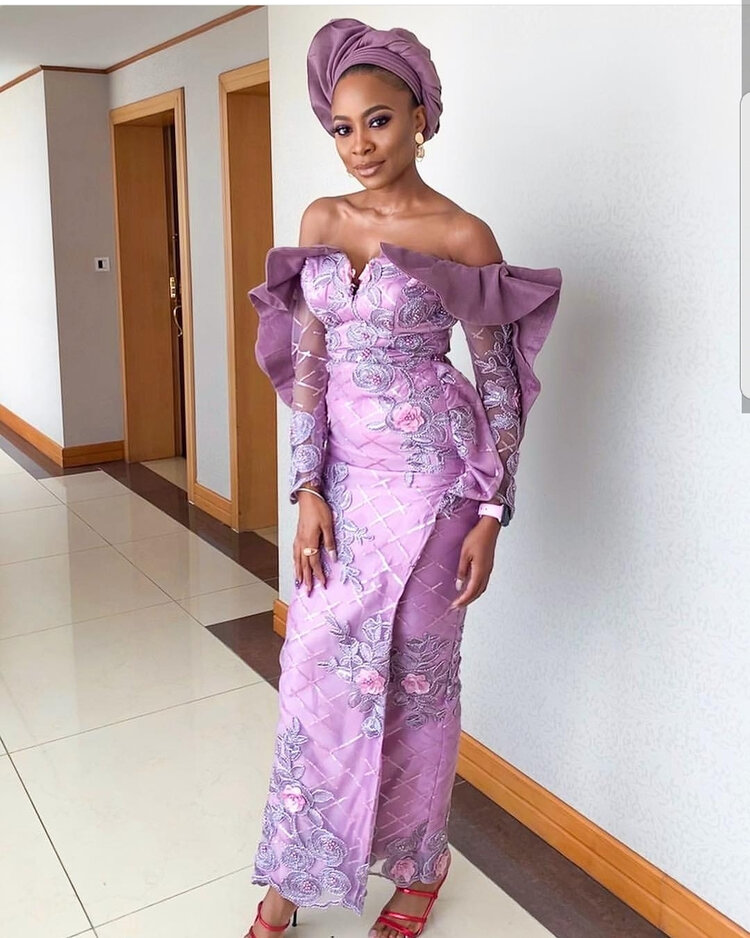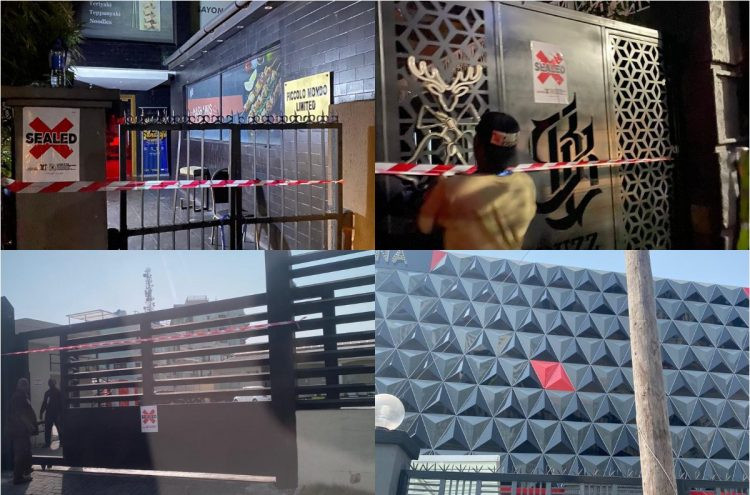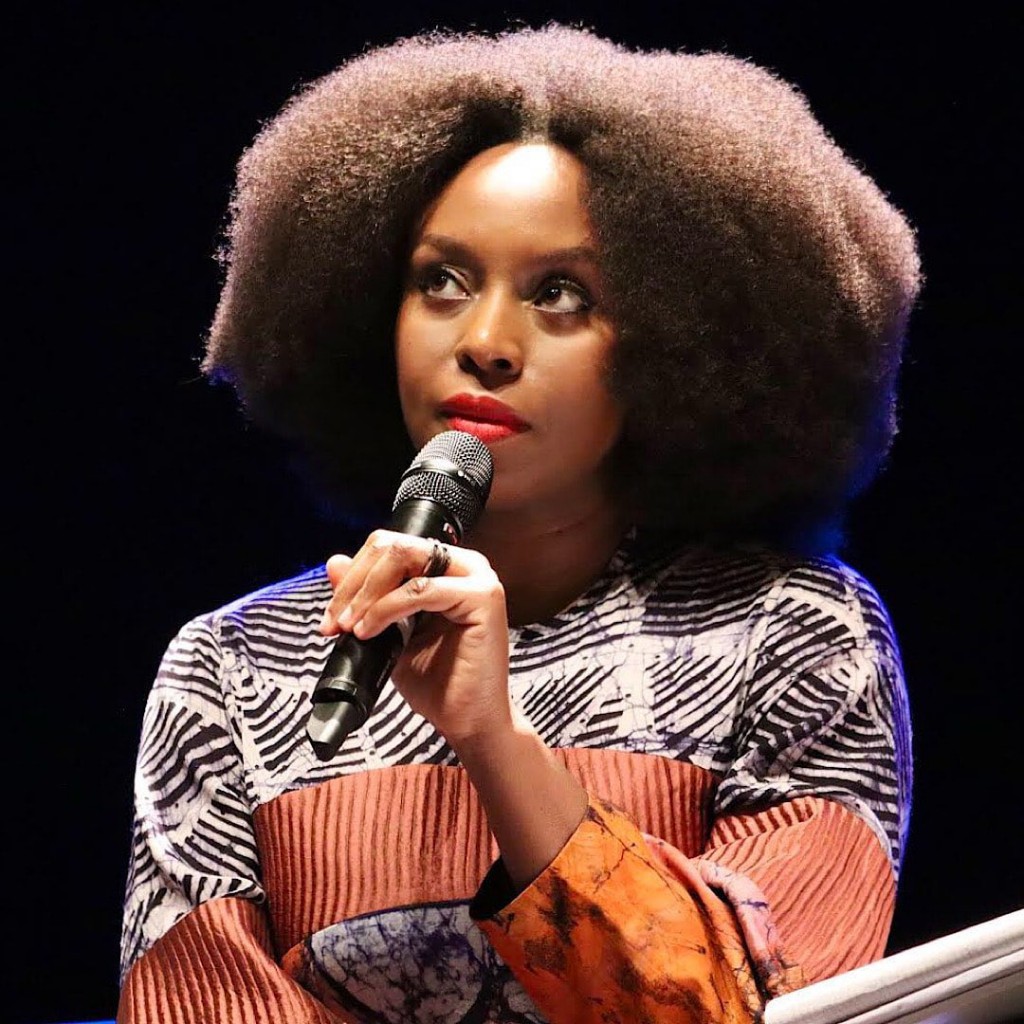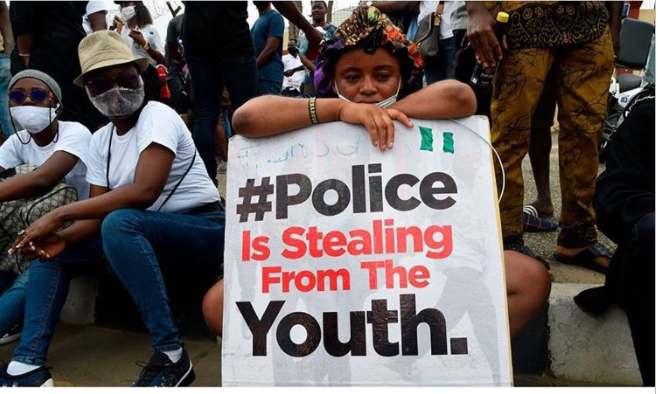ORÍKÌ Group is a wellness and personal grooming brand that is the first and only company in Nigeria to operate a luxury spa chain coupled with its own farm to skin product range.
They utilize the most, efficient & potent natural ingredients from Africa. ORÍKÌ Group comprises of a multi-channel spa, farm to skin retail product company and a wholesale & amenity product line for spa’s, hotels, and airlines.
They are a fast growing organization having developed/operated six spas, retail stores and created distribution channels across Nigeria and in three countries.
Their mission is to leave a piece of Africa with consumers around the world by creating farm to skin products, wellness centers, empowering farming ecosystems and instilling ‘skinfidence.’

Joycee was intrigued by natural ingredients and their potency as a young girl. The more she experimented; skin and hair became her weapon of choice for self-expression – a way to experiment with raw materials and resources – and it powered a journey that led her back to her roots on the continent of Africa, specifically Nigeria, and that propelled the creation of ORÍKÌ. After years of experimenting with all types of natural ingredients, at one point creating a mini lab in a home setting, testing and experimenting with diverse materials from activated charcoal to wild berries and ingredients in between.
Joycee wanted others to experience the potency of natural ingredients. Seeing a void in the industry and a depiction and narration of Africa as being helpless and lacking, she launched a personal grooming brand “inspired by nature and crowned with opulence,” focusing on a wide range of raw materials and ingredients for all skin types, creating formulas that work for all depending on skin type and concern.
Her goal as a business owner is to expand into more and more communities, giving more people the opportunity to make wellness a lifestyle.
The ORIKI Team is diverse and they all bring their unique strengths to the table. Everyone’s voice matters and everyone’s suggestions and comments are welcome.
Joycee developed a love for entrepreneurship at a young age as she had keen interest in solving problems and monetizing opportunities. She started a babysitters club when she was younger, a candy store out of my locker, she made accessories and much more as a child. Her father was also an entrepreneur and she used to enjoy visiting his office and learning about what he did, it definitely left an impression and fueled her passion.
ORIKI is scaling and expanding and bringing more ORIKI locations to more communities; they are currently working on 3 other locations as well as launching a new farm to skin product line and a new haircare line. In 2020 they were able to scale two of their service offerings – Our Spa at Home services have provided hundreds of homes the opportunity to have spa services in the safety and comfort of their home.
For Joycee, making an impact as an entrepreneur is of utmost importance to her.
Joycee’s personal piece of advice to everyone is to partner with God. In her words, “I have seen my business transform as I said NO to fear and instead gained confidence by trusting in God through every season and allowing him steer the ship and lead my efforts. I’ve come to realize that obstacles and challenges are inevitable but I no longer let the struggles consume me because I have faith that the company would be victorious.”


